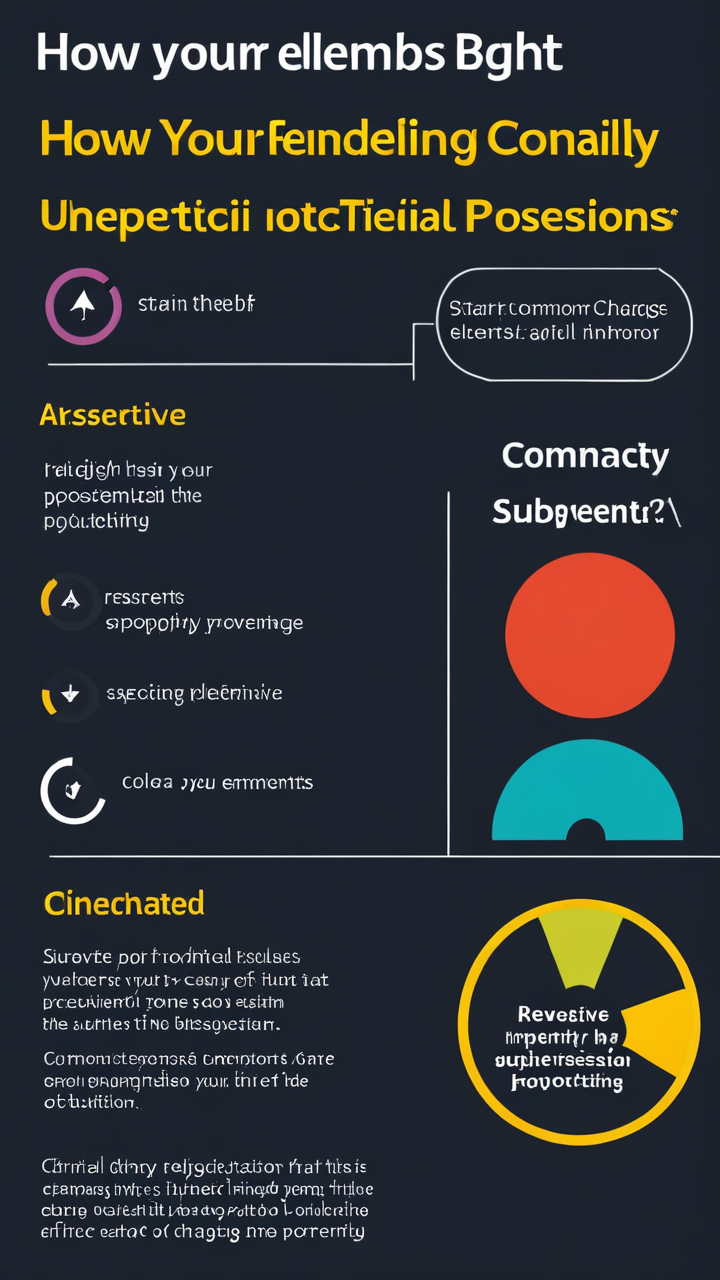
The Mysterious Power of Intuition
We’ve all experienced it: that sudden, inexplicable feeling that something’s right or wrong, even without a clear rational explanation.
This is often referred to as our “gut feeling” or intuition, a powerful force that can significantly influence our choices. But how does this seemingly irrational impulse interact with our logical, analytical thinking?
Is it a helpful advisor, or a deceptive whisper leading us astray? The truth is, it’s both.
Intuition, stemming from our subconscious processing of vast amounts of information, can be a valuable tool when used correctly, but it can also lead to biases and poor decisions if left unchecked.
Understanding this duality is key to harnessing the full potential of our decision-making abilities.
When Gut Feelings Guide Us Well
Research suggests that intuition often draws upon years of accumulated experience and subconscious pattern recognition. Think of an expert chess player making a seemingly instantaneous move.
They aren’t just guessing; their intuition is based on countless hours of practice and recognition of subtle strategic patterns.
Similarly, a seasoned doctor might intuitively diagnose a condition based on subtle cues that escape the notice of a less experienced colleague.
This “expert intuition” is a powerful asset, allowing for rapid and accurate judgments in complex situations. [Link to a relevant scientific study on expert intuition].
One personal example: I once had a strong feeling that a business opportunity wasn’t as promising as it appeared. Despite the positive surface-level presentation, my gut told me something was amiss.
Further investigation revealed hidden financial risks, validating my initial intuition and saving me from a potentially costly mistake.
This highlights the importance of listening to those subtle cues, even when they conflict with the readily available data.
The Perils of Unchecked Intuition: Cognitive Biases
However, relying solely on intuition can be dangerous.
Our gut feelings are susceptible to various cognitive biases, including confirmation bias (seeking information that confirms pre-existing beliefs) and the availability heuristic (overestimating the likelihood of events that are easily recalled).
These biases can cloud our judgment and lead us to make irrational decisions.
For example, a fear of flying, fueled by readily available media coverage of plane crashes (despite the statistical rarity of such events), can override rational assessment of risk. [Link to an article on cognitive biases].

Balancing Intuition and Logic: A Strategic Approach
The key is not to suppress intuition but to integrate it effectively with rational analysis. Think of it as a two-step process:
• **Listen to your gut:** Pay attention to those initial feelings. What is your subconscious trying to tell you? What aspects of the situation are making you uneasy? Jot down your initial impressions.
• **Analyze rationally:** Once you’ve acknowledged your intuition, don’t stop there. Gather data, consider different perspectives, and evaluate the situation objectively. This step helps to counter potential biases and provides a more comprehensive understanding.
By combining both approaches, you can make more informed and balanced decisions. This approach allows your intuition to highlight potential problems or opportunities, while logic helps to refine and validate those initial insights.
Actionable Steps to Improve Your Decision-Making
* **Practice mindfulness:** Regular mindfulness exercises can enhance your awareness of your internal states, including your intuition.
* **Keep a decision journal:** Record your decisions, including your initial gut feelings and the subsequent outcomes. This helps to identify patterns and refine your intuitive abilities.
* **Seek diverse perspectives:** Discuss important decisions with trusted individuals who can offer objective insights.
* **Develop your critical thinking skills:** Enhance your ability to analyze information objectively and identify potential biases.
* **Learn to recognize your own biases:** Understanding your personal biases is crucial for mitigating their influence on your decisions.
Conclusion: Harnessing the Power of Intuition
Your gut feeling isn’t just a random impulse; it’s a powerful tool that can significantly impact your decision-making process.
By understanding how intuition works, recognizing its potential pitfalls, and integrating it effectively with rational analysis, you can harness its power to make smarter, more informed choices, improving your life both personally and professionally.
Remember, the goal is not to choose between intuition and logic, but to master the art of using them in harmony.



